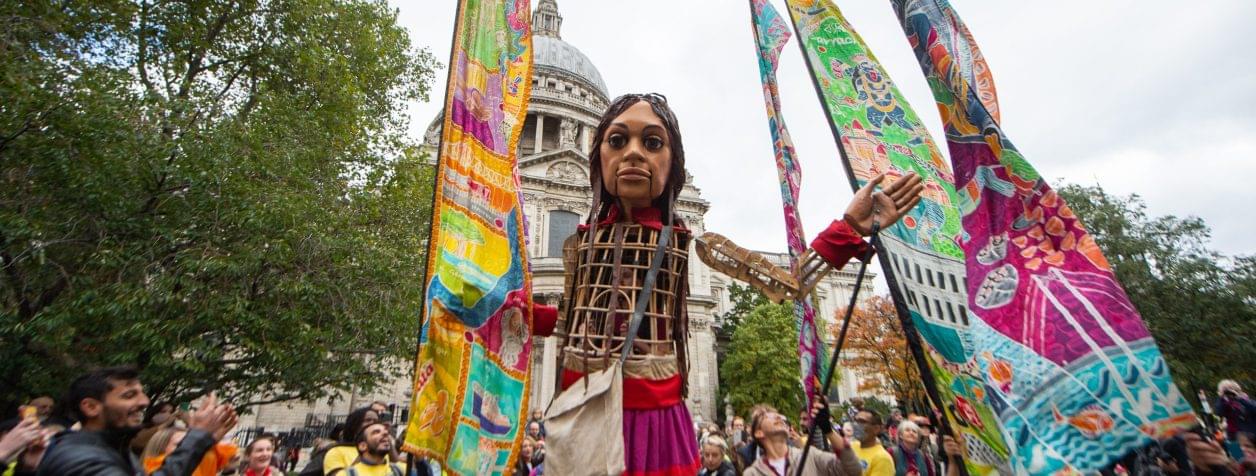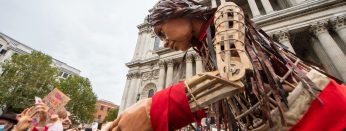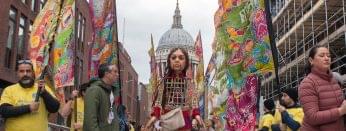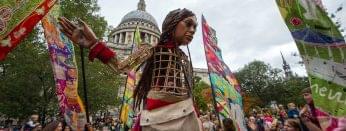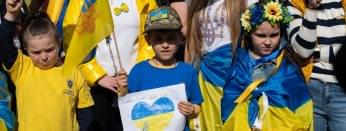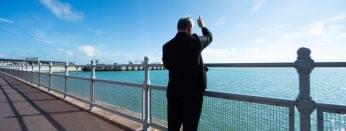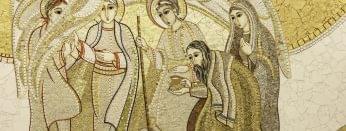Pope Francis speaks of building the future with migrants and refugees in his 2022 World Day of Migrants & Refugees message. He calls for us to recognise and welcome migrants and refugees, to protect, promote and integrate them, highlighting the importance of inclusion, which the Catholic community has embraced wholeheartedly.
This guide aims to foster that support and assist the Catholic community in understanding the refugee resettlement programmes to further identify ways to get involved and support refugees within the community. It is important to note that CSAN operates only in England & Wales, but this guide refers to UK wide refugee resettlement programmes and visa schemes.
The guide outlines the programmes and schemes currently operating within the UK, including hosting opportunities, and identifies CSAN members on the ground providing support, including diocese and Caritas diocesan agencies who may be contacted for further information. The guide further discusses good hosting practices whilst also raising awareness of exploitation and modern slavery.
In addition to helping refugees, we are acutely aware of the growing need at home due to the cost-of-living crisis. Christians are called to respond to need wherever it exists, with the gifts and resources at their disposal. We appreciate not everyone will have the ability to host, but there are many other opportunities to get involved, as outlined in the volunteer section of this guide.
“Every stranger who knocks at our door is an opportunity for an encounter with Jesus Christ, who identifies with the welcomed and rejected strangers of every age (Matthew 25:35-43). The Lord entrusts to the Church’s motherly love every person forced to leave their homeland in search of a better future. This solidarity must be concretely expressed at every stage of the migratory experience – from departure through journey to arrival and return. This is a great responsibility, which the Church intends to share with all believers and men and women of good will, who are called to respond to the many challenges of contemporary migration with generosity, promptness, wisdom and foresight, each according to their own abilities.
Pope Francis, World Day of Migrants & Refugees 2018
In this regard, I wish to reaffirm that “our shared response may be articulated by four verbs: to welcome, to protect, to promote and to integrate”
A Note on Terminology
Migration issues are frequently in the headlines but there is much confusion over terms used to identify individuals and their legal status.
The SVP, a member organisation, has defined the terms and outlined the support they are entitled to:
Asylum Seeker:
An asylum seeker is someone who has arrived in a country and claimed asylum. Until they receive a decision on their claim by the country’s government, they remain an asylum seeker.
Refugee:
A refugee is a person who has claimed asylum in a country (not their country of birth) and whose claim has been accepted, meaning that refugee is a legal status. Those who obtain refugee status are given protections under international laws and conventions and are entitled to financial and other support from their host country.
Migrant:
There is no internationally accepted legal definition of a migrant. ‘Migrant’ is not a legal status as ‘refugee’ is for example. Many NGOs and agencies understand migrants to be people who have moved from their country of origin to a different country.
Image: Little Amal in London Credit: Catholic Church England and Wales on Flickr

